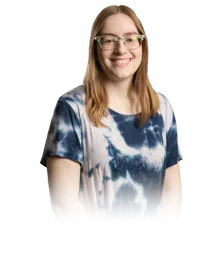Saskatchewan’s own Dr. Nevan Krogan is leading a global team of scientists to understand how the SARS-CoV-2 virus, typically known as the coronavirus, replicates in human cells.
The University of Regina grad is now a professor at the University of California, San Francisco, and joined researchers and media on a Zoom call Tuesday to provide an update on their research.
Dr. Krogan says so far, their research has become a collaborative approach with work coming from across North America and Europe.
“People are now coming to us with data, with reagents, and they’re saying ‘here, take this data, we see what you guys are doing, and we want to get on this collaborative train,’ and that’s both exciting and daunting,” Dr. Krogan said. “We’re at the nexus of this, and it’s just a lot of work to coordinate in an environment that’s really not set up for collaboration.
“We’re trying to break some rules, make some new rules, and trying to keep this infrastructure and excitement in place for the future.”
Dr. Krogan says he’d eventually like to see more collaboration in science.
“The scientific system itself discourages collaboration; it rewards the individual,” Dr. Krogan said. “One person gets the Nobel prize, one person gets tenure, one person gets a grant, it’s rarely ever a group, and this really discourages the young scientists from getting involved in collaborations and they get very protective and secretive.”
Dr. Krogan says never before have there been so many scientists working to solve one problem, so he’s optimistic about the drugs being developed to one day create a COVID-19 vaccine.
“By the end of this year, I’m hoping there’s going to be some new drugs that are looking very promising, because there’s going to be a lot of clinical trial data that will be coming in over the next couple of months,” Dr. Krogan said. “I think there will be some very promising new candidates, and I think (the vaccine) is going to be a combination (or) cocktail of a couple (of these drugs).”
Dr. Krogan says the work he and his research team are doing will hopefully help with the rapid development of COVID-19 treatment.
(CKRM)

